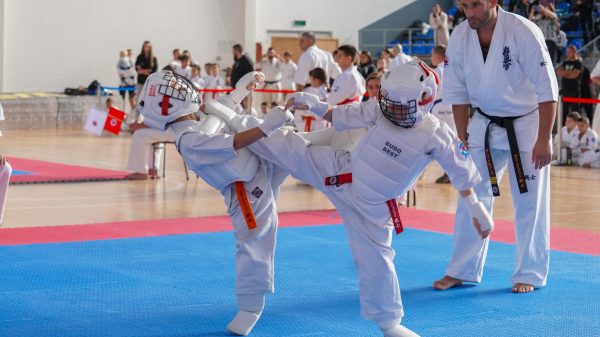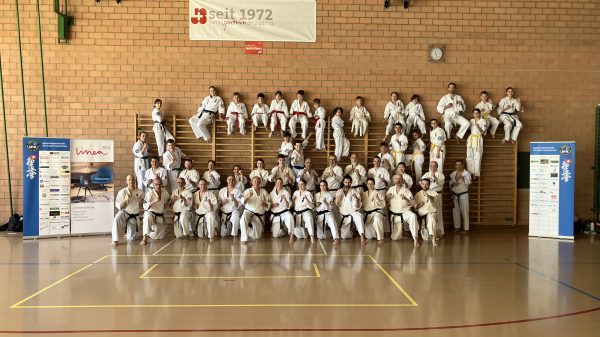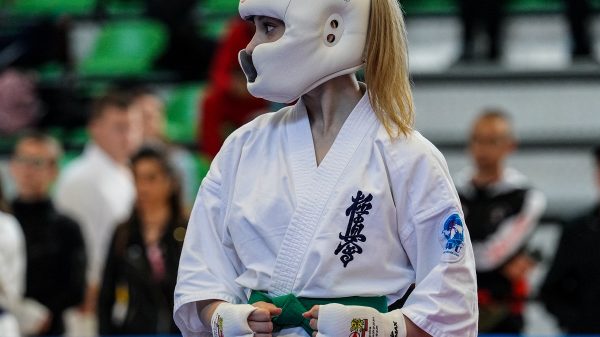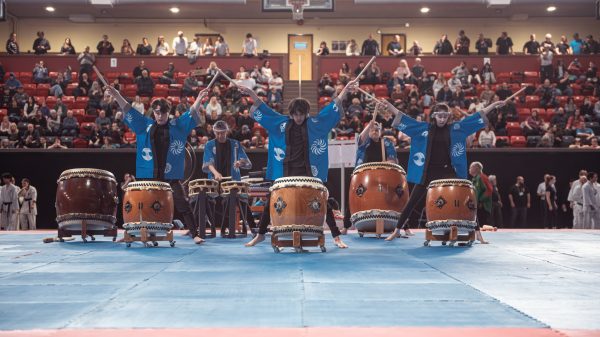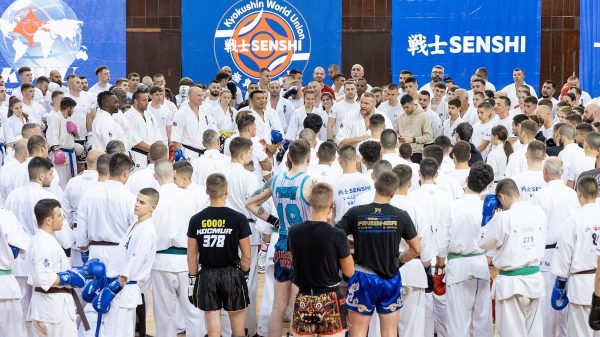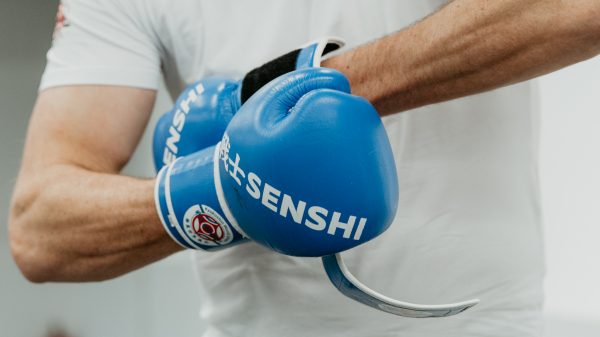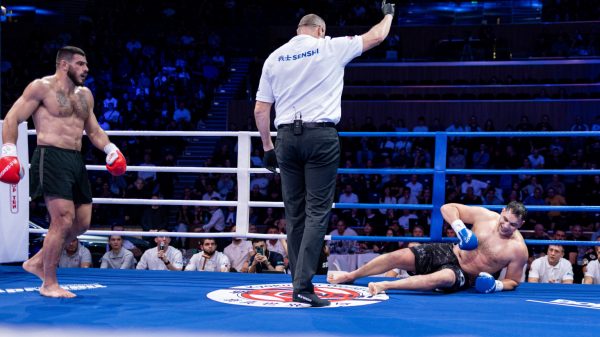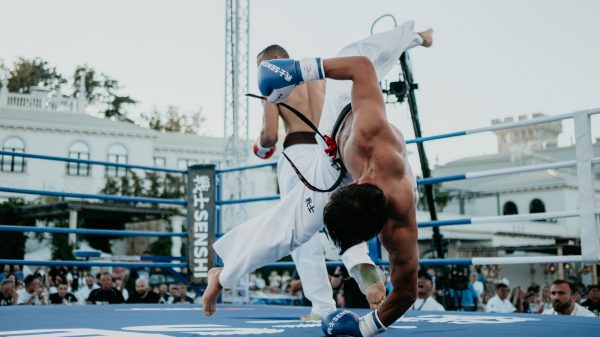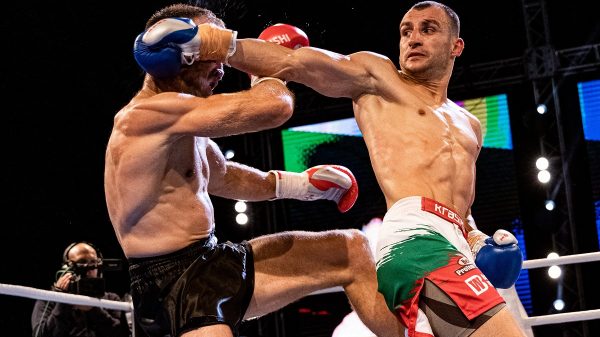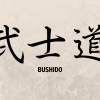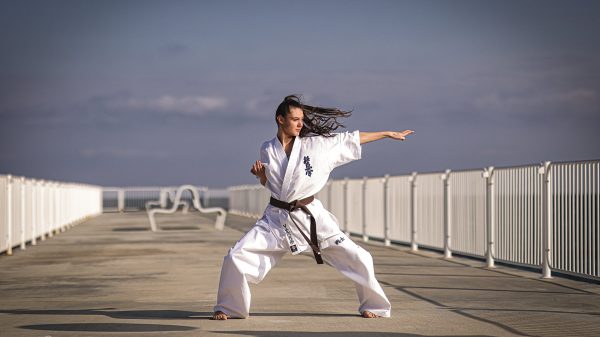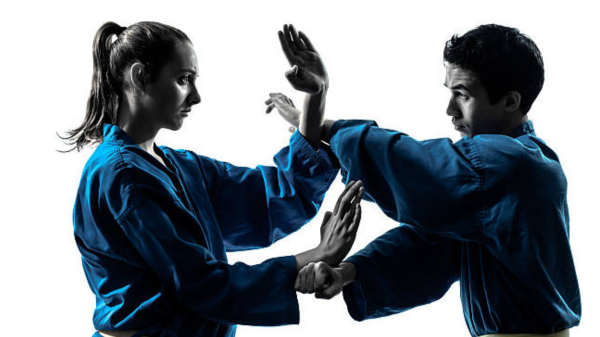Before committing to joining a martial art school, there are a few questions that are important to consider. These questions can help you determine whether a particular school is a good fit for you and whether you’re ready to start training with them.
Ready to dive into the questions that will help you tell whether your school is the right one for you?
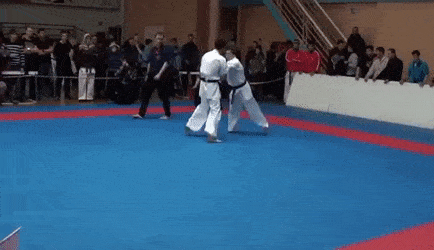
QUESTION #1: What are your goals?
Before you start looking for a martial arts school, it’s important to consider what you want to get out of your training. Are you interested in self-defense, physical fitness, gold medals, or personal growth? Each martial art has its unique focus, so it’s important to find a school that aligns with your goals.
If you’re interested in competition, you might want to look for a school that has a strong focus on sparring and tournament preparation. If you’re looking to improve your overall fitness and wellness, you might want to look for a school that has high-energy classes or low-impact movements (depending on your needs).
Different strokes for different folks.
QUESTION #2: What is the teaching style of the instructor?
The instructor is one of the most important factors in your martial arts training. You want to find
someone who is not only skilled in their art but who can also effectively teach and motivate you. Not somebody who can motivate your best friend. Not somebody who can inspire your family. You need somebody who can connect with you and lead you to where you desire to be.
Attend a trial class or watch a class to see if the instructor’s teaching style resonates with you. Do they provide clear instructions? Are they approachable and open to questions? Do they make the class enjoyable?
It’s important to find an instructor who can challenge you while also providing support and guidance. A good instructor should be able to help you develop a strong foundation in the basics of martial art while also providing opportunities for advanced training and personal growth.
QUESTION #3: What is the class dynamic like?
Not to sound like your high school teacher, but chemistry is important. I’m not talking about mixing compounds, I’m talking about the social dynamics on the training floor. Class is about more than just the teacher. The dynamic between them and the other students, as well as the students with each other, is vital to the dojo being a healthy environment for growth.
Observe the students and see if they are friendly and supportive of each other. A good martial arts school should have a positive and inclusive atmosphere that makes you feel welcome and safe.
Ideally, you want to find a school where the students are supportive of each other and the instructor can create a sense of community within the class. This can help you stay motivated and engaged in your training, and it can also help you build strong relationships with other martial artists.
When the training gets tough, your classmates should be there to help push you past your limits, not add to your misery.
QUESTION #4: What is the class schedule?
I’ll keep this short and sweet: consider your schedule and make sure the class schedule works for you.
Look for a school that offers classes at times that are realistically feasible for you. You should also consider the location of the school and how long it takes to get there. The easier it is to get to class, the more likely you are to stick with it. On the flip side, the right school is worth a further drive if it checks all of the other boxes regarding your needs.
QUESTION #5: What is the level of commitment required?
Some martial arts schools require a significant level of commitment from their students, while others are more flexible. Make sure you understand the expectations of the school before you join. Ask about the frequency of promotions, and if there are any additional commitments required such as tournaments or seminars.
You want to make sure that you can meet the requirements of the school and that the school can meet your expectations.
If you’re looking for a more casual training experience, you may want to look for a school that is more flexible in its requirements. If you’re looking to compete at a high level or become a black belt, you’ll want to find a school that has a more structured and rigorous program. Accountability can be a necessary component for high performance.
QUESTION #6: What is the cost?
Martial arts training can be expensive, so it’s important to consider the cost before you commit to a school. Ask about the fees and any additional costs such as uniforms, equipment, and testing fees. You should also ask about the school’s refund policy in case you need to withdraw from the program.
While cost should not be the only factor in your decision, it is an important one. You want to make sure that the cost of training is within your budget and that you’re getting value for your money. Consider the quality of instruction, the facilities, and the overall experience when evaluating the cost of a martial arts school.
QUESTION #7: Are there opportunities for growth and advancement?
Finally, consider whether the school offers opportunities for growth and advancement. Some people need a school that has a clear progression path. This can help students stay motivated and engaged in their training, and it can also help develop a sense of accomplishment and pride in achievements.
With that being said, some favorite martial art training has come from experiences that were much more casual–such as regular meetups in parks or backyards. In those sessions, training and skill progression were their reward, rank wasn’t a main focus (or even a secondary or tertiary one). At the end of the day, it’s different strokes for different folks.
Know what you want and let it lead to your consideration for a school.
All in all, joining a martial arts school can be a great way to improve your physical fitness, develop new skills, and build a sense of community. However, it’s important to ask yourself these important questions before committing.
By considering your goals, the teaching style of the instructor, the class dynamic, the class schedule, the level of commitment required, the cost, and opportunities for growth and advancement, you can find a school that is a good fit for you and that will help you achieve your goals as a martial artist.
Source: Justin Lee Ford | blackbeltmag.com


